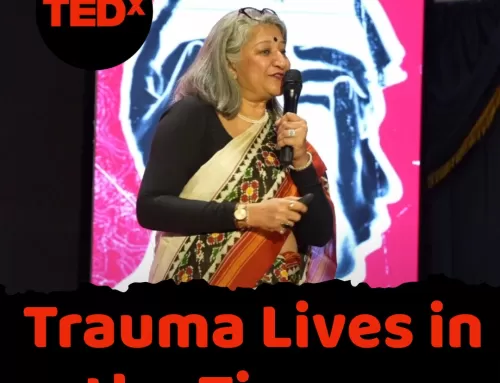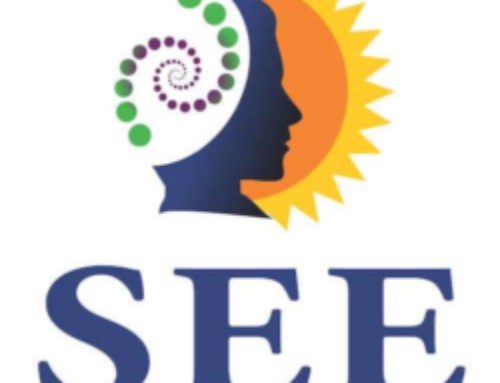Publication: The insidious nature of childhood emotional abuse (India research)
Emotional abuse is an often overlooked aspect when it comes to addressing childhood trauma. Its insidious and subjective nature makes it difficult to assess and resolve. The publication covers emotional abuse and its impact and aims to spread the much-needed awareness about it for parents, mental health professionals and educators.
Details of the full paper are on the journal website HERE. A high-level summary is captured below.
Authors:
- Riri G Trivedi, Research Scholar, JJT University, India. ([email protected])
- Dr Anita Kumar, ([email protected])
- Hema Ramani, Ph.D. ([email protected])
- Gunjan Y Trivedi, Ph.D. ([email protected])
- Saurabh Kumar, Ph.D. JJT University ([email protected])
Abstract:
Emotional abuse, especially during childhood, is a difficult concept to define. It could include constant criticism, threats of rejection, withholding love from a child, etc. Moreover, the interpretation is subjective. Unfortunately, it leaves a lasting emotional impact on the child’s mind and impedes emotional development and self-esteem. Based on more than 600 personal interviews, the article reviews the qualitative insights presented by individuals who experienced emotional abuse during childhood. These individuals’ issues varied, including low self-esteem, guilt, anger, etc. The article highlights some repeated patterns of emotional abuse we encountered during the interviews with Indians. The implications for therapeutic interventions are highlighted for psychotherapists and psychologists.
Keywords:
Childhood trauma, emotional abuse, adverse childhood experiences, mental health, physical abuse, inner child integration, healing the child within.
Highlights:
This study compiles various forms of emotional abuse, as verbalized by the subjects.
- Insights include the subjective terms, sentences, and language used, resulting in emotional abuse.
- To our knowledge, it is the only study available in the Indian context that goes into this level of understanding and detail on emotional abuse.
- The subjective and qualitative research has been extended to include some level of quantitative analysis to emphasize the broad-based impact of sustained childhood emotional abuse.
Conclusion:
The study highlighted the insidious nature of emotional abuse since it co-occurs with several other interpersonal childhood trauma situations, specifically physical abuse and emotional neglect. The qualitative highlights provide a framework for the therapists to understand the situations where the trauma could have occurred. Several situations, locations and individuals play a role in the creation of emotional abuse. Finally, the implications for therapists, teachers, and parents for management and prevention are highlighted.
Videos:
Emotional abuse is part of Adverse Childhood Experiences (ACEs). More about ACEs is highlighted below:






Leave A Comment